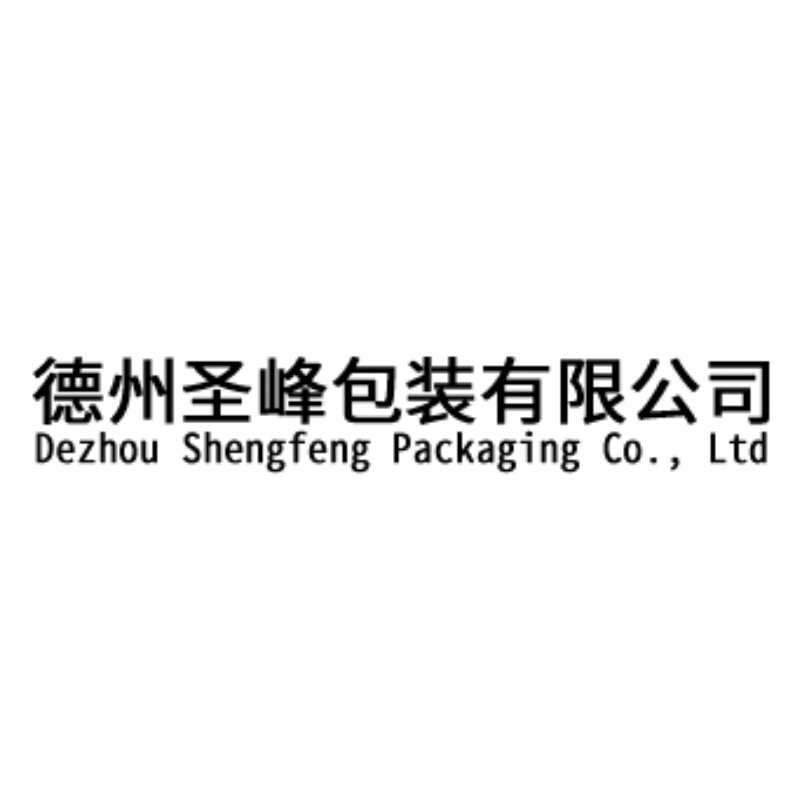Introduction to Bulk Bags (Tonnage Bags)
Bulk bags, also known as tonnage bags, FIBCs (Flexible Intermediate Bulk Containers), or big bags, are large industrial containers designed for the storage and transportation of bulk materials. These bags are widely used in various industries due to their versatility, durability, and cost-effectiveness. They are particularly useful for handling materials such as industrial packaging sludge, chemical raw materials, and other bulk goods. This article provides an overview of bulk bags, including their parameters, features, advantages, applications, and a detailed FAQ section.
Models available:
L90cm × W90cm × H (Height)
L95cm × W95cm × H
L100cm × W100cm × H
L110cm × W110cm × H
Material:
Polypropylene (PP) material, customizable.
Parameters of Bulk Bags
Bulk bags come in various sizes and specifications to meet different industrial needs. The key parameters include:
1. Capacity: Typically ranges from 500 kg to 2000 kg.
2. Dimensions: Customizable, but common sizes are 90x90x100 cm.
3. Material: Usually made from polypropylene (PP) fabric, which is strong, durable, and resistant to UV rays and moisture.
4. Lifting Loops: Designed to withstand the weight of the filled bag, often reinforced for added safety.
5. Liners: Optional inner liners can be added for moisture or contamination protection.
6. Discharge Options: Spout top, duffle top, or open-top designs for easy filling and discharging.
Features of Bulk Bags
Bulk bags are designed with several features to enhance their functionality and safety:
1. Durability: Made from high-quality polypropylene, these bags are resistant to tearing and punctures.
2. UV Protection: Treated with UV inhibitors to prevent degradation from sunlight exposure.
3. Moisture Resistance: Coated or laminated options are available for moisture-sensitive materials.
4. Customizable: Can be tailored in size, shape, and design to meet specific requirements.
5. Safety Features: Reinforced lifting loops and safety factors to ensure safe handling and transportation.
Advantages of Bulk Bags
Bulk bags offer numerous advantages over traditional packaging methods:
1. Cost-Effective: Reduce packaging and transportation costs due to their large capacity.
2. Efficient: Streamline the handling and storage of bulk materials, saving time and labor.
3. Space-Saving: Stackable design optimizes storage space in warehouses and during transport.
4. Eco-Friendly: Reusable and recyclable, contributing to sustainable practices.
5. Versatile: Suitable for a wide range of industries and materials, from chemicals to food products.
Application Scenarios
Bulk bags are used in various industries for different purposes:
1. Industrial Packaging Sludge: Ideal for the safe and efficient handling of industrial waste and sludge.
2. Chemical Raw Materials: Commonly used for transporting and storing chemicals, powders, and granules.
3. Agriculture: Suitable for fertilizers, seeds, and other agricultural products.
4. Construction: Used for cement, sand, and other construction materials.
5. Food Industry: Safe for handling food-grade materials, with options for FDA-approved liners.
Product Parameter Table
| Parameter | Details |
|--------------------|-------------------------------------------|
| Capacity | 500 kg - 2000 kg |
| Dimensions | Customizable (e.g., 90x90x100 cm) |
| Material | Polypropylene (PP) fabric |
| Lifting Loops | Reinforced for safety |
| Liners | Optional (moisture/contamination protection) |
| Discharge Options | Spout top, duffle top, open-top |
| UV Protection | Treated with UV inhibitors |
| Moisture Resistance| Coated or laminated options available |
FAQ
Q1: What is the maximum capacity of a bulk bag?
A1: The maximum capacity typically ranges up to 2000 kg, depending on the design and material.
Q2: Are bulk bags reusable?
A2: Yes, bulk bags are designed to be reusable, provided they are not damaged during use.
Q3: Can bulk bags be customized?
A3: Yes, bulk bags can be customized in terms of size, shape, and additional features like liners or UV protection.
Q4: Are bulk bags safe for food products?
A4: Yes, with FDA-approved liners, bulk bags are safe for handling food-grade materials.
Q5: How are bulk bags disposed of?
A5: Bulk bags are recyclable, and many companies offer recycling programs to ensure environmentally friendly disposal.
Q6: What industries commonly use bulk bags?
A6: Industries such as chemicals, agriculture, construction, and food processing commonly use bulk bags.
Q7: What are the safety features of bulk bags?
A7: Safety features include reinforced lifting loops, high safety factors, and durable materials to prevent accidents during handling and transportation.
Q8: Can bulk bags be used for moisture-sensitive materials?
A8: Yes, coated or laminated bulk bags are available to protect moisture-sensitive materials.
Q9: How do bulk bags contribute to cost savings?
A9: Bulk bags reduce packaging and transportation costs due to their large capacity and efficient handling.
Q10: Are bulk bags environmentally friendly?
A10: Yes, bulk bags are reusable and recyclable, making them an eco-friendly packaging option.
Conclusion
Bulk bags, or tonnage bags, are an essential component in the storage and transportation of bulk materials across various industries. Their durability, cost-effectiveness, and versatility make them a preferred choice for handling industrial packaging sludge, chemical raw materials, and other bulk goods. With customizable options and a range of safety features, bulk bags offer a reliable and efficient solution for modern industrial needs. By choosing bulk bags, companies can optimize their operations, reduce costs, and contribute to sustainable practices.

